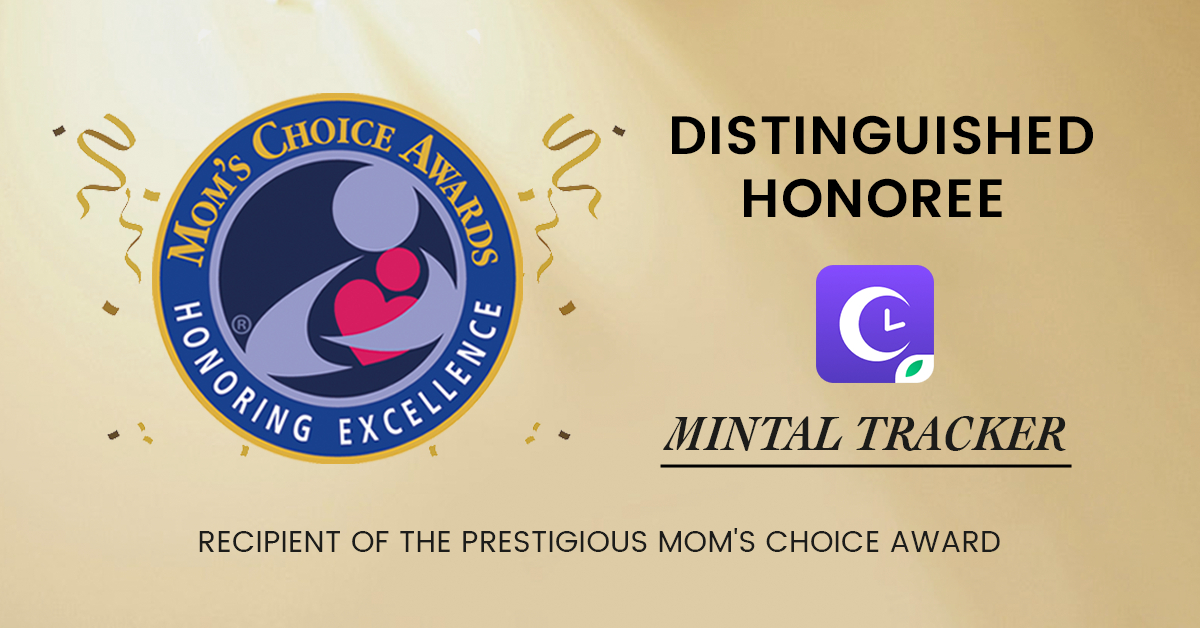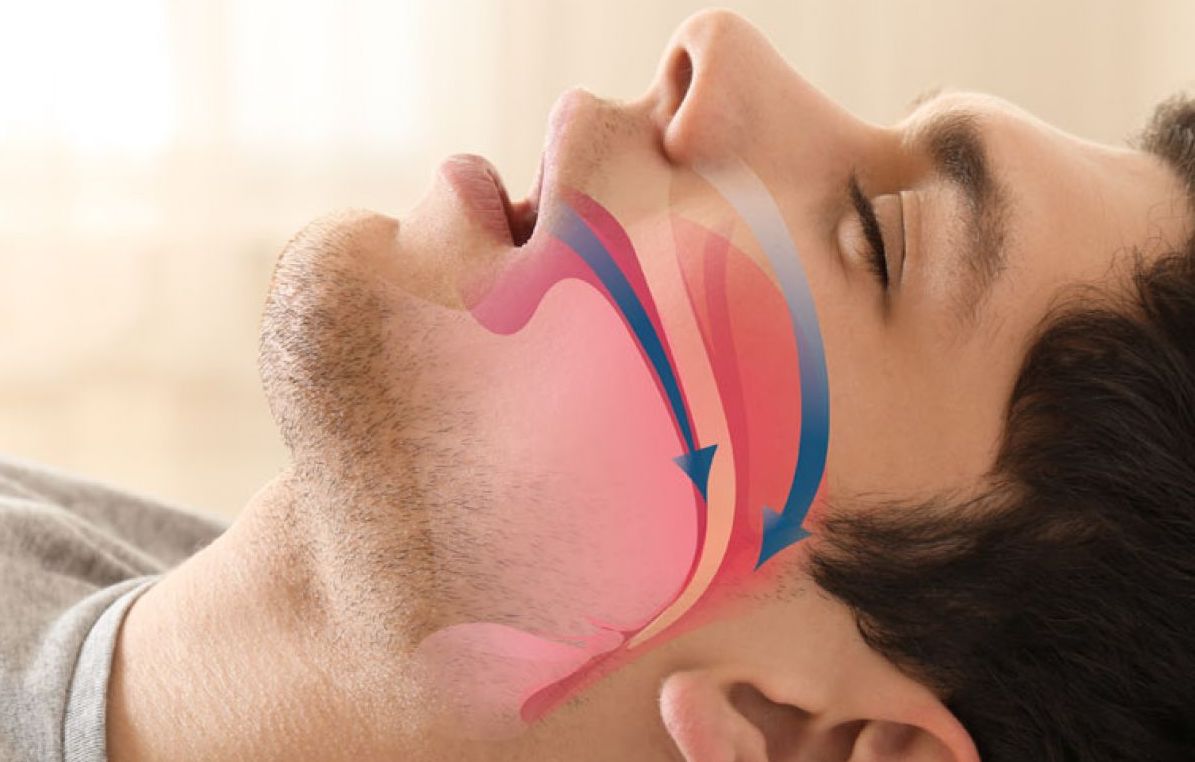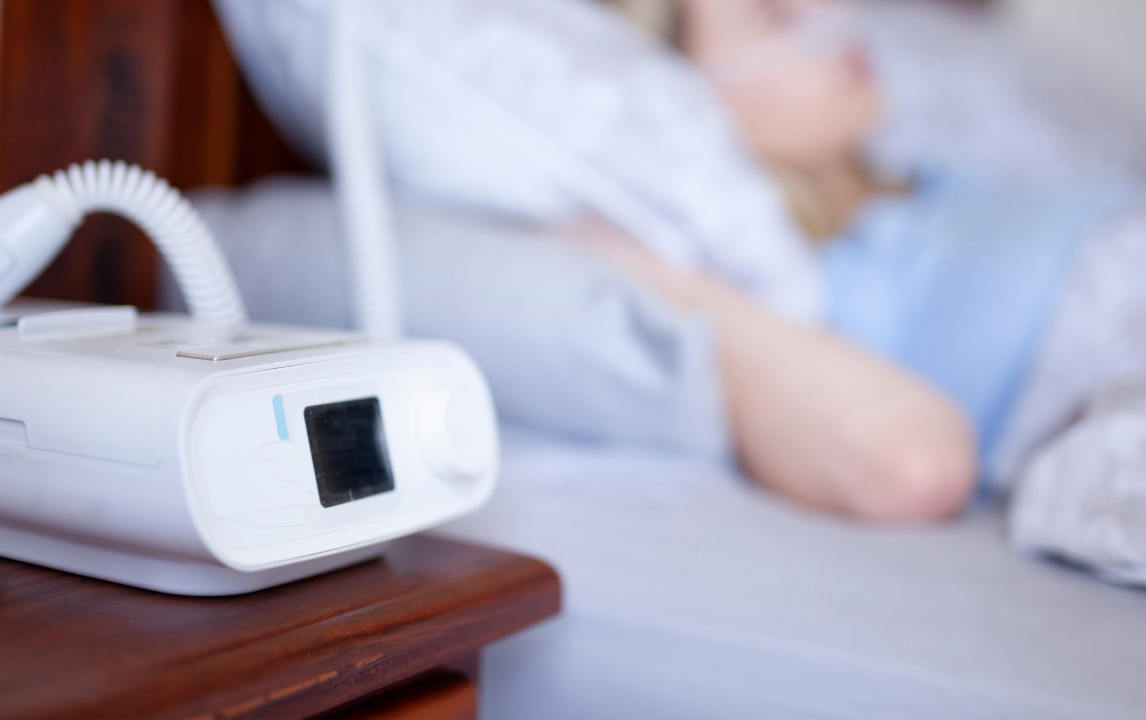Is there a history of sleep apnea in your family? Is sleep apnea genetic? If someone in your family has been diagnosed with a health problem, it’s natural to wonder if the same could happen to you.
Some studies have found that sleep apnea does tend to run in families, due to genetic factors passed from generation to generation. But like most other medical conditions, sleep apnea affects each family differently.

What is Sleep Apnea?
Sleep apnea is a chronic condition in which your breathing is interrupted while you sleep. These disturbances may last 10 seconds or more and occur several times within an hour. In severe sleep apnea, your breathing may stop hundreds of times over the course of a night.
There are three types of sleep apnea: central sleep apnea, obstructive sleep apnea and complex sleep apnea. Obstructive sleep apnea tends to run in families and often occurs during sleep when muscles relax and the airways narrow or close during inhalation. This reduces the amount of oxygen in your blood, causing your brain to wake you from sleep so you can reopen your airways.
What Is the Relationship between Genetics and Sleep Apnea?
Genetics may play a role in some types of sleep apnea. Central sleep apnea usually has a non-genetic cause. Obstructive sleep apnea, on the other hand, may be genetically related in several ways. If you have a family member with any type of sleep apnea, you are at higher risk of developing the disorder. If both of your parents have the condition, the likelihood increases.
1. Central Sleep Apnea
Central sleep apnea is usually a direct result of signals being sent to the respiratory system to breathe while you sleep. There is a rare central sleep apnea, known as congenital central hypoventilation syndrome, is inherited, but in most cases, this type of sleep apnea is caused by other factors, such as the use of narcotics or other drugs, head trauma, brain tumors, stroke, heart disease, neuromuscular disease, etc.
2. Obstructive Sleep Apnea
Different from central sleep apnea, obstructive sleep apnea is linked to genetics in several ways. First, many of the risk factors that can lead to sleep apnea, such as high blood pressure and heart disease, have a genetic component. If you have a family history of increased risk for sleep apnea, you should talk to your doctor about any symptoms you may have.
In addition to the increased risk of these genetic disorders, there are specific genes associated with the development of sleep apnea, including: ANGPT2, TNFα, PTGER3, LPAR1, GPR83, ARRB1, DRD1, HTR2A, etc.

How do Genes Increase the Risk of Sleep Apnea?
Certain anatomical features can increase the risk of sleep apnea, including:
- A narrow jaw or throat
- A small chin
- Enlarged tonsils or adenoids
- A large tongue
Other genetic disorders and sleep apnea have been shown to be linked. For example, enlarged tonsils and adenoids are more likely to occur if there is a family history of the disease. Similarly, nasal polyps and septal deviations are more common in relatives with these disorders.
In addition, congestion caused by allergies can lead to a blockage in the airways, triggering obstructive sleep apnea, so people with allergies are also more likely to develop obstructive sleep apnea.
How to Treat Genetic Sleep Apnea?
While you can’t control your genetic predisposition for sleep apnea, there are things you can do to lower your risk of developing sleep apnea or avoid conditions that increase your risk for obstructive sleep apnea, such as:
- Avoid alcohol
- No sleeping pills or muscle relaxants
- Quit smoking
- Lose weight
- Exercise
- Sleep on side instead of back

Other common treatments for sleep apnea are:
- CPAP therapy
CPAP machine provides a constant airflow through the mask you wear while sleeping, and gentle air pressure keeps your upper airway open, preventing apnea and snoring.
- Oral devices
If you can’t tolerate CPAP therapy or want to try both treatments, you can use oral devices. Wear a proper oral device and lean the jaw slightly forward to open the upper airway when you sleep.
- Surgery
Surgery can help treat obstructive sleep apnea by widening the space in the throat where the breathing passage is located.
Sleep apnea can also affect young children, so it’s important to adopt a healthy lifestyle. If you have sleep apnea and have a family history of it, tell your children so they can watch themselves for any signs.
Conclusion
If sleep apnea runs in your family and you have sleep apnea symptoms, then you may be concerned about whether you have sleep apnea, it’s best to seek medical help. Sleep apnea can increase your risk for other conditions, so getting treatment in time can help you maintain your overall health.
Want to know more about sleep apnea? Download Mintal Tracker App for more information.








